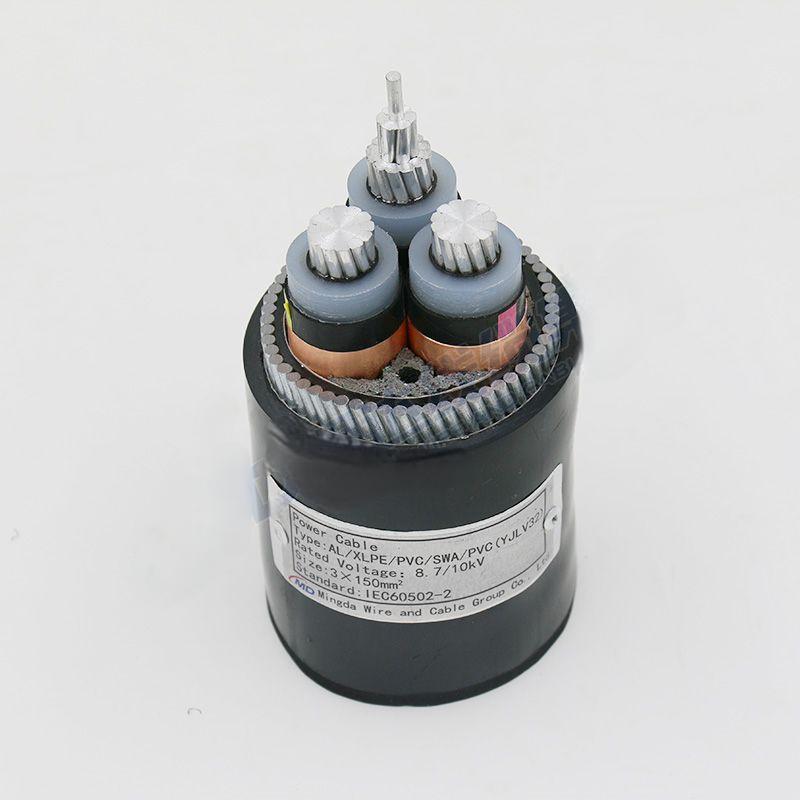10 月 . 14, 2024 11:31 Back to list
High-Performance Cast Steel Valves for Reliable Fluid Control Solutions
Understanding Cast Steel Valves Types, Applications, and Advantages
Cast steel valves play a vital role in various industries by controlling the flow of fluids, gases, and slurries in pipelines, ensuring safe and efficient operation. Made from high-quality cast steel, these valves offer remarkable strength, durability, and resistance to extreme temperature and pressure conditions, making them suitable for a wide range of applications. In this article, we will explore the different types of cast steel valves, their applications, and the benefits they provide to industries worldwide.
Types of Cast Steel Valves
Cast steel valves come in various designs and configurations, each tailored to specific needs. The most common types include
1. Gate Valves Ideal for on/off services, gate valves are designed to provide minimal fluid resistance. They operate by lifting a gate out of the flow path, allowing for unobstructed flow when fully open. Gate valves are commonly used in water supply, oil and gas, and chemical processing applications.
2. Globe Valves Known for their excellent throttling capabilities, globe valves regulate flow control. They have a spherical body shape, which allows for precise adjustment of fluid flow. These valves are widely used in steam, water, and other applications where fine flow control is necessary.
3. Ball Valves Featuring a spherical disc that rotates within the valve body, ball valves provide quick shut-off capability and minimal pressure drop. They are ideal for applications requiring frequent operation, such as in the petroleum and petrochemical industries.
4. Check Valves These valves prevent backflow in piping systems. By allowing fluid to flow in one direction only, check valves protect pumps and other equipment from damage caused by reverse flow. They are essential in water treatment facilities and power plants.
5. Butterfly Valves Comprising a rotating disc that controls the flow, butterfly valves are lightweight and require less space compared to other valve types. They are commonly used in large-scale applications like water supply and wastewater management systems.
Applications of Cast Steel Valves
Cast steel valves are versatile and can be found in numerous sectors, such as
cast steel valve

- Oil and Gas These valves are crucial in upstream and downstream processes, handling corrosive materials and high pressures. - Chemical Processing The resistance of cast steel valves to chemicals and extreme temperatures makes them indispensable in the manufacturing of various chemicals and pharmaceuticals. - Water Treatment In water distribution systems, cast steel valves control the flow of potable and non-potable water, ensuring safe and efficient treatment and delivery. - Power Generation Used in steam and hydroelectric plants, cast steel valves manage high-pressure steam and coolants, contributing to the overall efficiency of power generation systems.
Advantages of Cast Steel Valves
The popularity of cast steel valves can be attributed to several key advantages
1. Durability Cast steel offers exceptional strength and resistance to mechanical stress, ensuring long service life even in demanding environments.
2. High Pressure and Temperature Resistance These valves can withstand extreme conditions, making them suitable for high-pressure and high-temperature applications.
3. Corrosion Resistance Depending on the alloy composition and surface treatments, cast steel valves can be designed to resist corrosion, enhancing their longevity.
4. Ease of Maintenance Many cast steel valves are designed for easy maintenance, reducing downtime and operational costs for industries.
5. Cost-Effectiveness While upfront costs for cast steel valves can be higher compared to other materials, their durability and lower maintenance requirements often make them a more economical choice in the long run.
Conclusion
In conclusion, cast steel valves are essential components in a variety of industries, offering reliable performance, durability, and effectiveness in controlling the flow of fluids and gases. Their diverse types cater to different needs, and their advantages make them a preferred choice for engineers and operators alike. As industries continue to evolve and demand higher efficiency and performance, the role of cast steel valves will undoubtedly remain critical in ensuring operational excellence across global sectors. Whether in oil and gas, chemical processing, or water management, cast steel valves are integral to maintaining safety and efficiency in modern infrastructure.
Share
-
Understanding the Differences Between Wafer Type Butterfly Valve and Lugged Butterfly ValveNewsOct.25,2024
-
The Efficiency of Wafer Type Butterfly Valve and Lugged Butterfly ValveNewsOct.25,2024
-
The Ultimate Guide to Industrial Swing Check Valve: Performance, Installation, and MaintenanceNewsOct.25,2024
-
Superior Performance with Industrial Swing Check Valve: The Essential Valve for Any SystemNewsOct.25,2024
-
Industrial Swing Check Valve: The Ideal Solution for Flow ControlNewsOct.25,2024
-
You Need to Know About Industrial Swing Check Valve: Functionality, Scope, and PerformanceNewsOct.25,2024